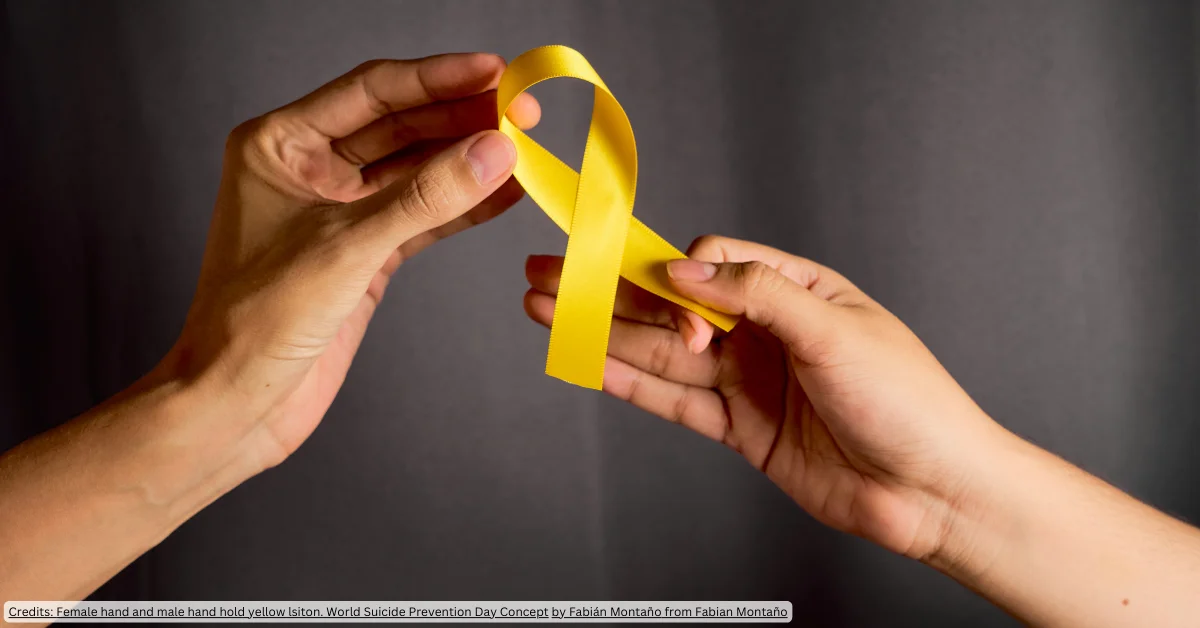Coming second was Guide Dogs Australia, and St John Ambulance Australia rounded out the top three for the second year in a row.
The Charity Reputation Index is published annually by research consultancy group, AMR, through collated consumer data.
The Index measures the reputation of Australia’s 40 largest charities, by asking consumers (aged 18 to 64) to assess the charities based on seven dimensions: service, innovation, workplace, citizenship, governance, leadership and cost management.
The 2014 Index results revealed a decline in some of Australia’s most recognisable charities. Organisations that fell significantly compared to last year’s scale were The Salvation Army (dropped 17 places), Autism Spectrum Australia (dropped seven places) and the National Heart Foundation of Australia (dropped nine places).
Oliver Freedman, Managing Director of AMR, said that the findings from the 2014 Index reveal the Australian public’s trust in charities has diminished.
“The fact that we’ve seen a drop in the reputation scores that determine overall rankings across the sector demonstrates that Australians are feeling less of an emotional attachment to our charities than ever before,” says Freedman.
“It also shows that Australians have less faith in financial management, leadership and the sector’s ability to deal with reputational damage.”
However, two organisations that improved their rank significantly compared to last year were Oxfam (increased 17 places) and Surf Life Saving Australia (increased 10 places).
Three most reputable charities
1. Royal Flying Doctor Service
For 85 years, the Royal Flying Doctor Service has been part of the Australian skyline, providing emergency medical transport to patients around the country. Founder Rev John Flynn had a dream for a revolutionary, safe and fast service that could provide individuals from remote regions access to healthcare.
At the end of the first year in the sky, the original single engine bi-plane had totalled over 28,000 km and treated more than 250 patients. Upgrades came in the 1960s when the Royal Flying Doctor Service started purchasing its own aeroplanes and installing medical equipment inside each aircraft.
Today the organisation provides emergency evacuation services as well as hospital transfers and other essential healthcare such as mental health and dental services.
2. Guide Dogs Australia
The first Guide Dogs School started in Perth, Western Australia, in 1951. Today, Guide Dogs Australia has locations in every Australian state and provide guide dogs and other mobility aids, support services and programs for people who are blind or vision impaired.
Guide Dogs Australia organisations deliver over 20,000 programs annually, and the demand for services is continually growing as vision impairment rates increase with the ageing population.
The services, programs and mobility aids provided by Guide Dogs Australia to clients are free. As such, Guide Dogs Australia relies on the financial support of the community to make these services freely available who those who need them.
Services provided by Guide Dogs Australia include: breeding and training of guide dogs, orientation and mobility training, activities of daily living services, adaptive technology training and provision of specialist equipment, library services, advocacy and client support.
3. St John Ambulance Australia
For over 130 years St John Ambulance Australia has been providing first aid products, training and services to Australian communities.
St John aims to have at least one person educated, equipped and prepared to provide First Aid in every home, workplace and gathering.
St John Ambulance Australia volunteers provide countless hours and expertise across a wide range of community, national and international events.
Services provided to the community include: first aid training and kits, national disaster relief, first aid and health services at community and public events, community care services (for the aged, the infirm, the immobile and lonely), ambulance services in Western Australia and the Northern Territory, funding for ophthalmic services in East Timor and Australia, youth development programs and public access defibrillators.
- Emma McDonaldhttps://thirdsector.com.au/author/emma-mcdonald/
- Emma McDonaldhttps://thirdsector.com.au/author/emma-mcdonald/
- Emma McDonaldhttps://thirdsector.com.au/author/emma-mcdonald/
- Emma McDonaldhttps://thirdsector.com.au/author/emma-mcdonald/











